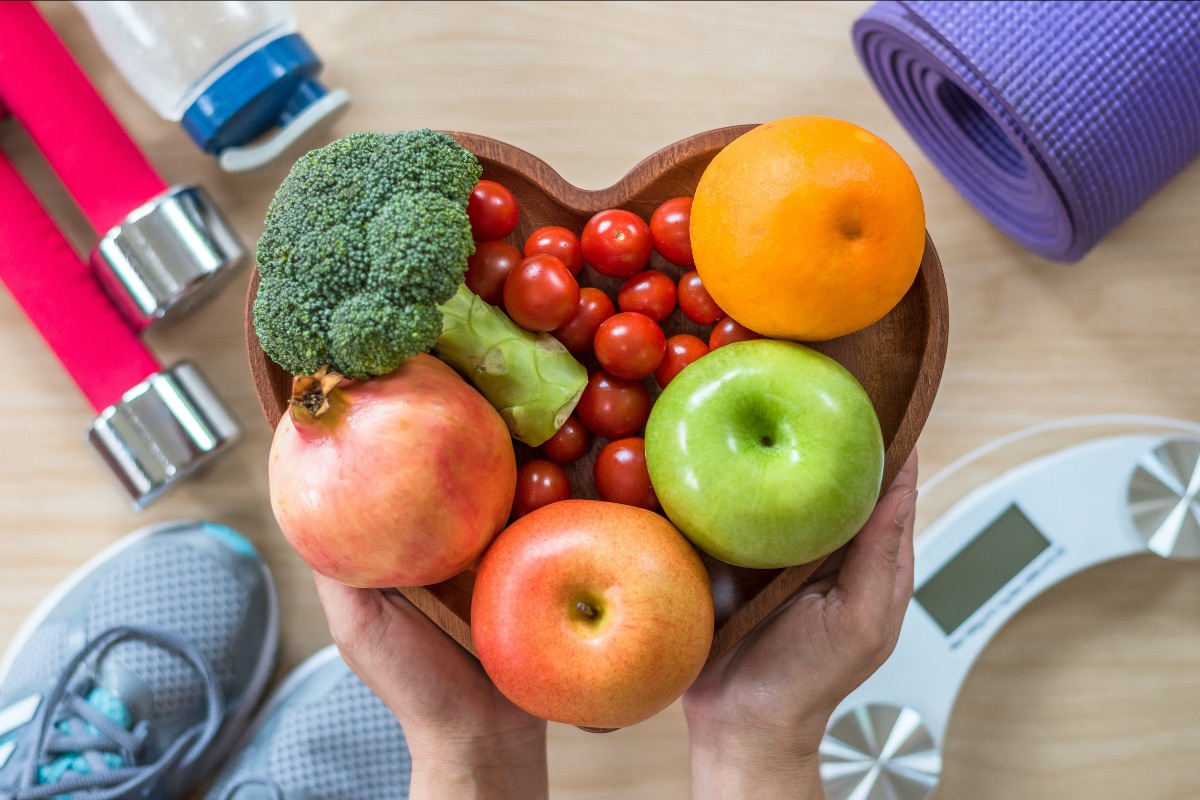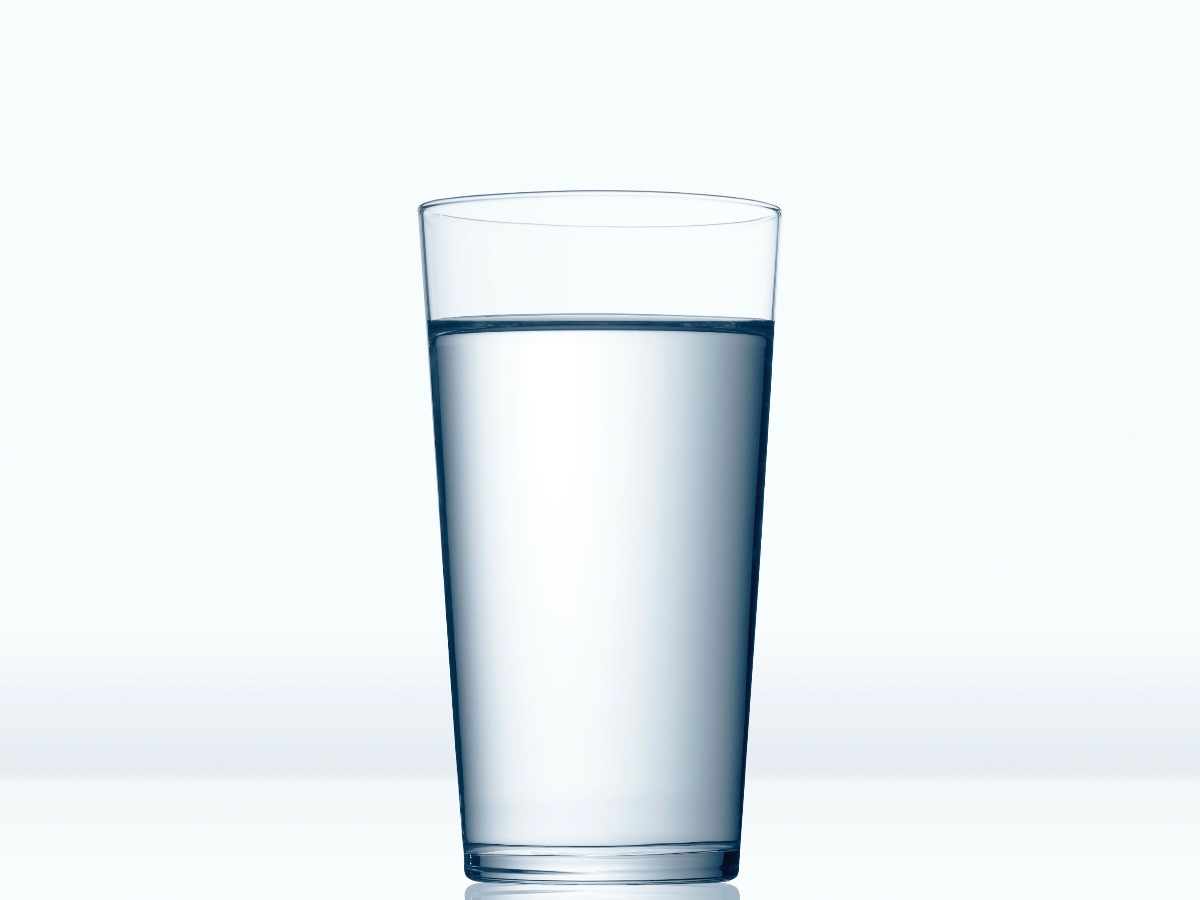As we approach our second pandemic winter, the message from healthcare experts is all about the need to find a balance between social well-being and the potential exposure to illnesses from that increased social interaction.
Staying healthy this winter is challenging and a balanced approach to lifestyle and self-awareness are key to being well.
Keep your body in shape through exercise, nutrition and have regular Osteopathic treatment to promote self-healing and prevent injury.
In this newsletter we focus on how you can eat well to promote better Winter Health.
Kind regards,


Eating well in winter is very important for our overall health. For optimum well-being we need to eat a diet that is rich in Calcium, Magnesium, Vitamins C, D and K.
Foods rich in Calcium: dairy is the obvious go-to for Calcium but if you are dairy-intolerant choose alternatives that are fortified with Calcium. Foods rich in Calcium are beans/lentils, dark green leafy vegetables such as kale and spinach. You can also add a Calcium top-up to your morning cereal by sprinkling on some sesame or poppy seeds. Eating a handful of almonds will also give you a quick Calcium boost.
Benefits of Calcium: bone health, heart health, muscle health
Foods rich in Magnesium: pumpkin seeds are a super source of Magnesium as are bananas. Again, your dark green leafy vegetables are a great way to ingest magnesium – grab some spinach and kale at your next grocery shop. Add in an avocado for a light Magnesium-based lunch. Fantastic news is that dark chocolate is a great source of Magnesium. Make sure it is 70-90% cocoa solids and enjoy a healthy treat.
Benefits of Magnesium: bone health, muscle health, anti-inflammatory benefits, nervous system health so can help with depression and migraines, gives energy and so great for fatigue
Foods rich in Vitamin C: citrus fruits are the most obvious but again Vitamin C comes in kale, broccoli and brussel sprouts. Kiwi fruit pack a super Vitamin C punch. Grab a yellow pepper when you are shopping next – it has double the vitamin C content of its green counterpart.
Benefits of Vitamin C: growth and repair of all tissues so it is vital for immune system health, helps the absorption of iron so helps with overall health and prevents anaemia, antioxidant helping memory and cognitive function
Foods rich in Vitamin D: oily fish such as mackerel, sardines or salmon can be a good source of Vitamin D. Choose fortified cereals that will help provide extra Vitamin D in your diet. Egg yolks and mushrooms can also be of benefit but mainly we need sunlight to absorb Vitamin D. During winter months in the UK it is recommended that you supplement your diet with Vitamin D. Speak with your Osteopath for advice on what your personal optimum dosage should be.
Benefits of Vitamin D: bone health, muscle health, heart health, immune system health, nervous system health. Can help with depression by regulating mood
Foods rich in Vitamin K: more kale, dark greens, spinach, broccoli and brussel sprouts. Interestingly, beef liver is a good source of Vitamin K as is chicken and pork chops. You can also get a lesser amount of Vitamin K from prunes, kiwi and avocados.
Benefits of Vitamin K: regulates blood calcium levels so very important in overall health, helps blood clotting and wound healing
If you are feeling run down, tired or generally suffering from winter blues, it may be worth supplementing your diet with additional vitamins and minerals.
Your medical history may affect which supplements are more relevant to you, so please speak with your Osteopath for the optimum balance.

Last but by no means least, remember to keep hydrated. With cold winter weather outside and central heating inside it is easy to not feel thirsty and dehydrate easily.
Aim for room temperature or warmer drinks so that your body doesn’t expend too much energy warming them up after drinking.
Set a water/fluid intake goal each day. Ideally, that would be approximately 2 litres per day for women and 3 litres per day for men.
Choose drinks that are flavoursome so that it is easier to drink more. Try all the amazing teas that are easily available nowadays or just add a dash of lime or lemon to a cup of hot water.
It has been recommended by professionals that tea & coffee are still better than less overall fluid intake. However, where possible, do try decaffeinated versions for better hydration.

Osteopathy aims to promote self-healing & well-being and can help keep your body in good health during the winter months.
You can email info@osteopathuk.co.uk or call 02089776396
Click the link for our website: www.osteopathuk.co.uk

Please do not hesitate to get in touch with us for any reason, we are here to help and welcome any feedback. Click here for more information.